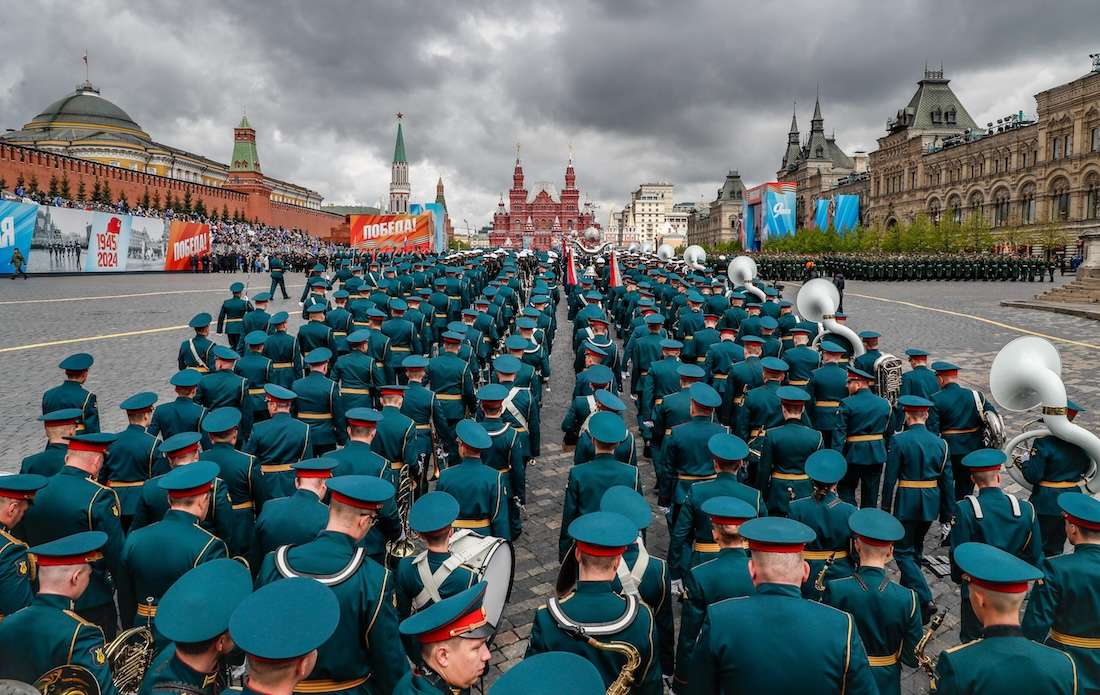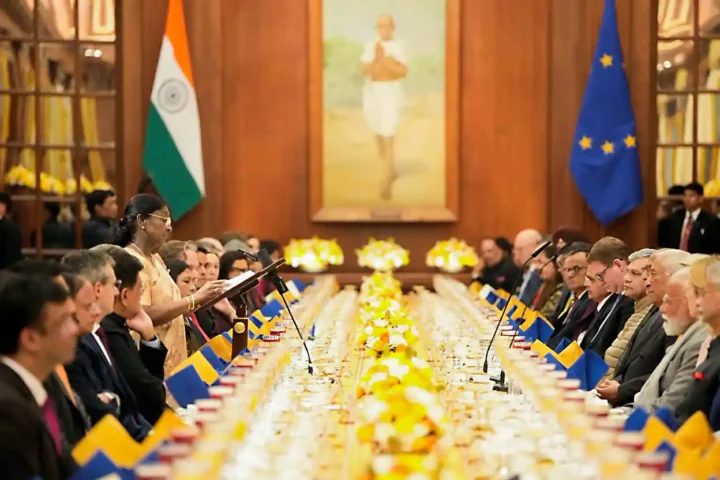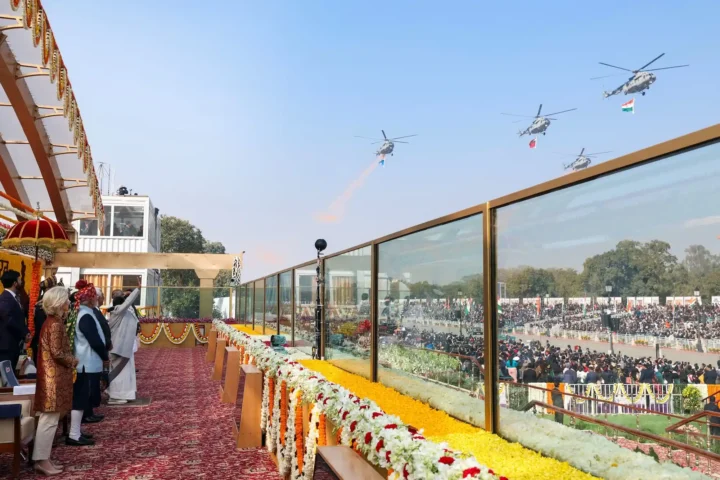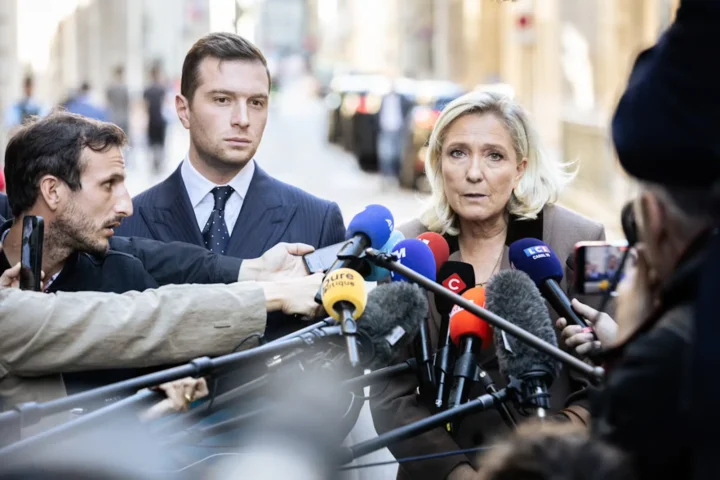As Russia reportedly mobilises an additional 160,000 troops for its war in Ukraine, global attention is once again drawn to peace negotiations. Former U.S. President Donald Trump has expressed eagerness to broker a deal, despite waning U.S. support and unresolved diplomatic hurdles. But beneath the surface of modern-day diplomacy lies a deeper truth: without understanding the historical patterns that shape Russia’s behavior, peace efforts are unlikely to succeed.
The burden of leadership in the West is increasingly shifting toward a “Coalition of the Willing,” led by the United Kingdom and France, as Europe grapples with the consequences of a long-term Russian threat. Analysts and diplomats are now turning to history not as a static record, but as a strategic tool to navigate the complex challenges ahead.
A Nation Shaped by Its Past
Understanding Russia’s historical self-conception is the first step toward meaningful diplomacy. Since the late 2000s, the Kremlin has resurrected a national narrative centered on the reunification of Slavic peoples and the protection of ethnic Russians—an ideology with both imperial and spiritual undertones. Far from rhetorical posturing, this worldview justifies Russia’s actions on the international stage, including the invasion of Ukraine.
Western policymakers often misjudge Russia’s ambitions as geographically confined or primarily reactive. In reality, this deeply ingrained narrative drives long-term geopolitical strategies. As seen in state media, education, and even a military theme park near Moscow, this historical ideology is not only preserved—it is weaponised.
One crucial reminder of how this ideology shapes real-world outcomes is the 1994 Budapest Memorandum, in which Ukraine surrendered its nuclear arsenal in exchange for security guarantees from the U.S., the UK, and Russia. The failure of those guarantees has left a deep scar on Ukrainian leadership, explaining President Zelensky’s insistence on more than just promises as part of any peace process.
Historical Patterns of Diplomacy
Beyond ideology, Russia’s diplomatic behavior shows a pattern of exploiting ceasefires and negotiations for tactical gains. In the Chechen wars and in Syria, Russia repeatedly used lulls in fighting not to pursue peace but to regroup and launch renewed offensives. The 2016 “withdrawal” from Syria, for example, was little more than a troop rotation ahead of intensified military operations.
The Minsk Agreements of 2014-2015, aimed at de-escalating conflict in eastern Ukraine, also followed this pattern. What was billed as a peace process instead became a prelude to Russia’s full-scale invasion in 2022.
These precedents make one thing clear: negotiations without realism and historical awareness risk becoming strategic blunders. Diplomacy, in Russia’s playbook, is often a means to an end—not the end itself.
The Road Ahead for Europe
As doubts grow about U.S. commitment to European security—highlighted by Trump’s controversial remarks about NATO and even using force to claim Greenland—the continent faces a critical juncture. A more autonomous European security architecture is not just preferable; it is becoming a necessity.
However, the European Union in its current form may not be equipped to lead such efforts. Internal divisions, notably Hungary’s stance on Ukraine, hamper collective action. History offers valuable insights here as well. Past experiments in European defense cooperation—the Western Union (1948), the proposed European Defence Community (1952), and the Western European Union (1954-2011)—contain lessons about what works, what doesn’t, and why.
The Coalition of the Willing may need to evolve into a more structured, permanent force capable of confronting long-term threats. This won’t mean recreating the past but drawing on it to inform the future.
Embedding History into Strategy
Most policymakers understand history’s value in principle. The challenge lies in making historical thinking a structural part of decision-making. While many diplomats already use historical tools—some consciously, others instinctively—the goal should be to train new generations of leaders to think historically as a core competency, not an academic add-on.
This means embedding historical context into negotiations, understanding national narratives as more than propaganda, and recognizing patterns in diplomatic behavior. It also requires the political will to act on these insights, not just acknowledge them.
As Ukraine braces for another chapter in a war that shows no signs of resolution, the West must do more than react. It must learn. Peace with Russia—real, sustainable peace—will require more than conventional diplomacy or military strength. It will require an unflinching engagement with history, used not as a mirror to the past, but as a map for the future.











